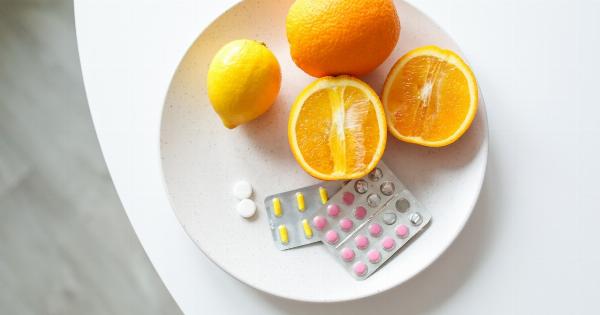If you’re someone who enjoys a cup of coffee, you probably already know that caffeine can help you stay alert and focused throughout the day.
But did you know that drinking coffee (or any caffeinated beverage) can also affect your ability to sleep? Here are three reasons why your coffee might be interrupting your sleep, and what you can do to help prevent it.
Caffeine is a stimulant
Caffeine is a central nervous system stimulant, which means that it can increase your heart rate, blood pressure, and the levels of certain hormones in your body.
While this is great for staying awake and alert during the day, it can interfere with your ability to fall asleep at night. Even if you don’t feel “wired” after your morning cup of coffee, the effects of caffeine can last for several hours, and may make it harder for you to fall asleep come bedtime.
Caffeine can disrupt your natural sleep cycle
When you sleep, your body goes through several stages, including light sleep, deep sleep, and REM (rapid eye movement) sleep.
Each of these stages is important for different reasons, and getting enough of each stage is essential for feeling rested and refreshed when you wake up. However, caffeine can disrupt this natural sleep cycle, causing you to spend more time in light sleep and less time in deep sleep.
This can leave you feeling groggy and exhausted even after a full night’s sleep, and can also make it harder for you to concentrate and perform well throughout the day.
Caffeine can cause anxiety and restlessness
In addition to stimulating your central nervous system, caffeine can also increase levels of the stress hormones cortisol and adrenaline.
This can lead to feelings of anxiety, restlessness, and jitteriness, which can make it difficult to relax and fall asleep at night. In fact, some studies have found that people who consume high amounts of caffeine are more likely to experience symptoms of anxiety and depression, which can further disrupt their sleep and overall well-being.
How to reduce the impact of caffeine on your sleep
If you’re someone who enjoys a cup of coffee in the morning but finds that it’s interfering with your ability to sleep at night, there are a few things you can do to minimize its impact:.
1. Limit your caffeine intake
The easiest way to reduce the impact of caffeine on your sleep is to limit your intake of caffeinated beverages. This means cutting back on coffee, tea, and soda (which all contain caffeine), and choosing non-caffeinated alternatives instead.
If you’re not ready to give up your coffee completely, try switching to decaf or drinking a smaller cup in the morning.
2. Time your caffeine intake wisely
Another way to reduce the impact of caffeine on your sleep is to time your intake wisely. For most people, the effects of caffeine peak about 30-60 minutes after consumption, and can last for up to five hours.
To avoid disrupting your sleep, try to avoid consuming caffeine in the late afternoon or evening, and give yourself enough time to metabolize it before bedtime.
3. Establish a healthy sleep routine
Finally, establishing a healthy sleep routine can help minimize the impact of caffeine on your sleep.
This means creating a relaxing bedtime ritual, avoiding electronics and other stimulating activities before bed, and setting a consistent sleep schedule (even on weekends).
By creating a conducive sleep environment and prioritizing your sleep habits, you may find that you aren’t as sensitive to the effects of caffeine as you once were, and that you’re able to enjoy a cup of coffee in the morning without experiencing sleep disturbances at night.
Conclusion
While caffeine can be a great way to stay alert and focused during the day, it can also interfere with your ability to sleep at night.
By understanding the impact of caffeine on your body and making a few simple changes to your routine, you can help minimize its effects and enjoy a better night’s sleep.































